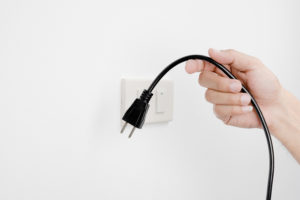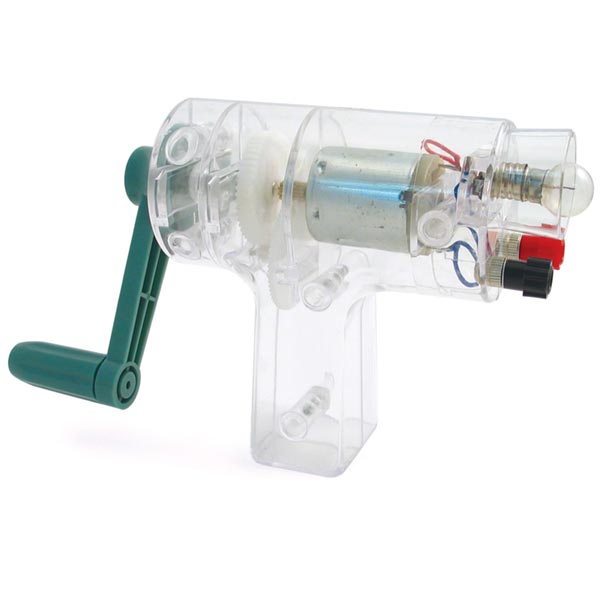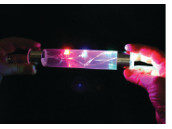 by Roy Bentley and Ken Crawford
by Roy Bentley and Ken Crawford
Madeline Hunter (1916–1994) was an American educator who developed a model for teaching and learning that was widely adopted by schools and is still used today. Hunter believed that teachers made hundreds of decisions every day in their teaching. Over time, she created a system to assist teachers in making those decisions. She called her system “Instructional Theory into Practice.” ITIP gives teachers concrete methods to improve their instruction. You can use ITIP with any subject, including—in our case—teaching the basics of electricity.
Two components of her system stand out to us:
 1. Excellent teachers are constantly “monitoring and adjusting” their teaching by looking for verbal, non-verbal, and written clues that students provide throughout a lesson. By learning to recognize these signals, teachers can change their lessons and provide the best educational experiences.
1. Excellent teachers are constantly “monitoring and adjusting” their teaching by looking for verbal, non-verbal, and written clues that students provide throughout a lesson. By learning to recognize these signals, teachers can change their lessons and provide the best educational experiences.
2. Excellent teachers set up their lessons by providing “anticipatory sets.” In other words, they create lead-ins to a lesson that help capture students’ attention and build up their anticipation of the upcoming lesson.
Using an anticipatory set to teach about electricity:
We would like to suggest an anticipatory set for teaching about the importance of electricity. This exercise takes about 10 minutes at the beginning of class. It’s a great way to “prime the pump” and inspire students to consider the important role electricity and energy plays in their lives.
1. As the students enter the room, simply get up and turn out the lights.

2. Begin to move about the room and casually unplug certain pieces of equipment that are plugged into outlets.
3. Wait until you have your students’ attention. Check their non-verbal cues, their comments, and maybe their laughter. Then ask the following questions:
What would our life be like without electricity?
How does electricity impact our classroom?
What would we have to do differently if we didn’t have electricity?
Can you describe what would happen if our school didn’t have any electricity?
What impact would no electricity have on our community?
How would your life be different if you didn’t have access to any electricity?
The key to promoting student discussion with these questions:
There are no right or wrong answers to these questions. The goal is to encourage your students to use their imaginations. Urge them to be specific in terms of how no electricity would directly impact them. Simply having a student say, “It would be bad” isn’t enough. Instead, helping them realize that they wouldn’t be able to charge their cell phone is more powerful. How would the cafeteria menu be different if there were no electricity? What about their laptops?
Anticipatory sets help to promote imaginative thinking. Best of all, anticipatory sets give us an effective way to engage our students—something we all strive to do.
Using visual demos as part of your anticipatory set:
If you’re looking for helpful tools to enhance your electricity lessons, Educational Innovations is an excellent source. Among their best sellers are the Energy Tube and  Hand-Cranked Generator. These products will provide your class with a memorable, safe visual demonstration of how electricity works. Click here to check out their entire selection of electricity products.
Hand-Cranked Generator. These products will provide your class with a memorable, safe visual demonstration of how electricity works. Click here to check out their entire selection of electricity products.
Check out our “Five Things to Teach Our Students (and Ourselves) about Electricity blog. And for even more helpful teaching tips on electricity, consult our free Electricity Newsletter.
Roy Bentley is the CEO of RB-MFG US, the makers of the PowerWheel and the Transparent Alternator Kit (TAK). Ken Crawford is a Teacher, Administrator and Recipient of the Washington State Excellence in Education Award.


